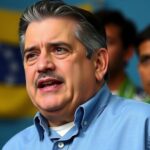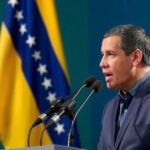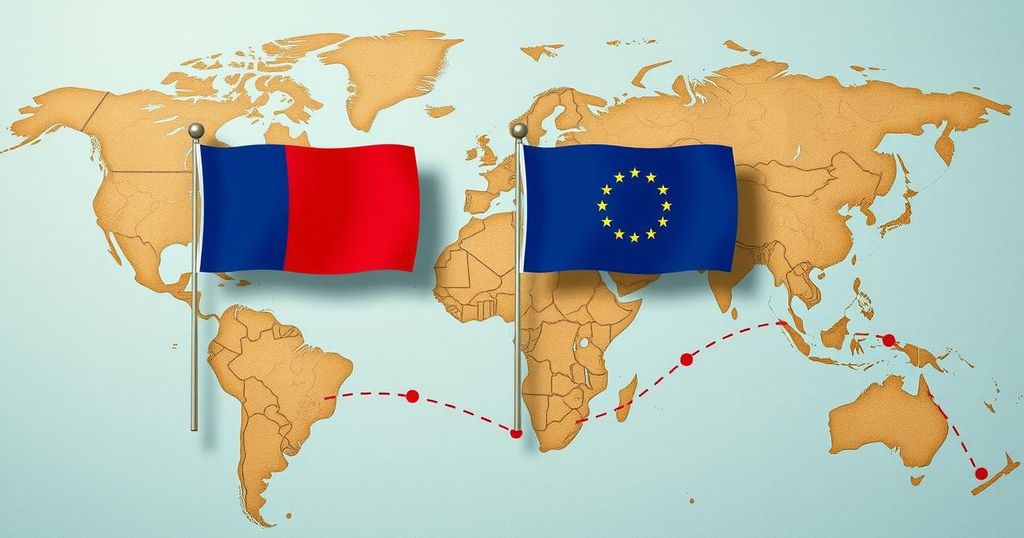Gustavo Petro’s Emergency Powers Address Catatumbo Violence Crisis
Colombia’s President Gustavo Petro has declared emergency powers in response to violence in Catatumbo, where over 80 people have died and more than 32,000 have been displaced due to clashes between armed groups. The decree allows the imposition of curfews and civil rights restrictions for 270 days, aimed at restoring order amidst escalating conflicts. Human rights organizations have urged the government to protect civilians and ensure humanitarian access as the situation deteriorates.
Colombia’s President Gustavo Petro has enacted emergency powers to address escalating violence in the Catatumbo region near the Venezuelan border. This decree enables the imposition of curfews and restrictions that would typically infringe upon citizens’ rights for a period of up to 270 days, as the government seeks to curtail the violence stemming from clashes between the National Liberation Army (ELN) and dissident FARC groups, which have left over 80 individuals dead and displaced more than 32,000 residents, according to human rights organizations.
The violence in Catatumbo, a crucial area for drug trafficking, intensified following the suspension of peace talks with the ELN by Petro’s administration. The left-wing president, who took office in 2022, aims to restore order and negotiate peace with armed factions, following a long history of conflict among state forces, paramilitaries, and insurgent groups.
In response to the violence, the Colombian government has increased military presence in Catatumbo and revived arrest warrants against ELN leaders. The situation remains dire for displaced families, many of whom fled to neighboring Norte de Santander or Venezuela, often arriving with only minimal belongings and facing challenges with overcrowding and health risks, according to aid organizations.
Rights groups have called upon the government to prioritize the safety of civilians in the region, with Amnesty International expressing urgent concern over the escalating threats to human rights. Additionally, United Nations Secretary-General Antonio Guterres emphasized the need for an immediate end to violence against civilians and the facilitation of unhindered humanitarian access in the affected regions.
The Catatumbo region, characterized by its difficult geography and presence of drug trafficking routes, has long been plagued by violence stemming from rival armed groups, notably the ELN and former FARC factions. The ongoing conflict exacerbates the humanitarian situation as communities face forced displacement and insecurity. President Petro’s government has previously engaged in peace negotiations to address these conflicts, but recent developments have led to a deterioration of the situation, necessitating emergency measures to protect civilians and restore stability.
In summary, the declaration of emergency powers by President Gustavo Petro is a critical response to the alarming violence in Catatumbo, which has resulted in significant civilian casualties and displacement. The situation underscores the persistent challenges of armed conflict and drug trafficking in Colombia. Continued advocacy for civilian protection and humanitarian assistance is essential to navigate the crisis and achieve lasting peace in the region.
Original Source: www.aljazeera.com








Post Comment